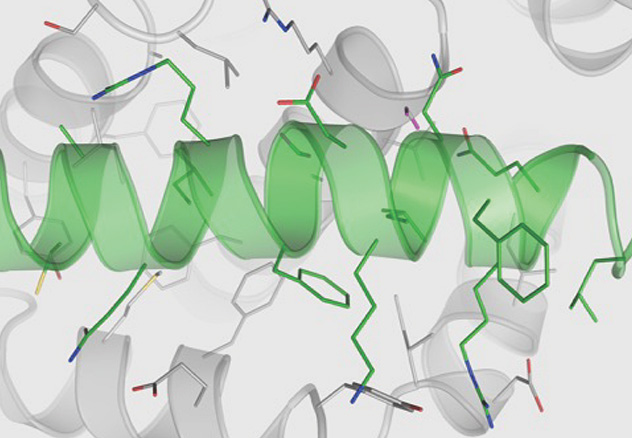 New discoveries in cancer treatment
New discoveries in cancer treatment
Our goal is to improve cancer treatment by increasing our understanding of the mechanisms by which anti-cancer treatments kill susceptible tumor cells.
Overview
The Anticancer Drug Action Laboratory of Scott H. Kaufmann, M.D., Ph.D., at Mayo Clinic studies the mechanism of action of targeted anti-cancer agents and the factors that affect tumor cell sensitivity and resistance.
Most patients with cancer receive anti-cancer medications at some point during the course of their disease. Understanding the factors that affect sensitivity and resistance to these agents can provide important new insights into whether a particular medication is likely to be effective in treating the cancer or not.
Research goals and topics
Our research goals are to:
- Understand the processes by which targeted anti-cancer agents kill susceptible tumor cells
- Elucidate the steps involved in transmitting signals from the initial drug target to the cytotoxic machinery within cells
- Determine how differences in these signaling steps from one tumor to another impact anti-cancer drug sensitivity and resistance
- Develop biomarkers of anti-cancer drug sensitivity and resistance that can be implemented in the clinic to assess whether certain treatments are likely to be beneficial or not
While our research focuses predominantly on ovarian cancers and acute leukemias, our research findings are potentially applicable to other types of cancer as well.
The approaches used by Dr. Kaufmann's lab team range from analysis of purified proteins under cell-free conditions to studies in tissue culture cell lines, patient-derived xenograft models, and tumor samples derived from patients enrolled in clinical trials.
About Dr. Kaufmann
In addition to being principal investigator of the lab, Dr. Kaufmann is an oncologist at Mayo Clinic in Rochester, Minnesota. He is a professor of medicine and pharmacology at Mayo Clinic College of Medicine and Science and is the Helen C. Levitt Professor of Cancer Research. Dr. Kaufmann has joint appointments in the Division of Oncology Research and the Department of Molecular Pharmacology and Experimental Therapeutics.